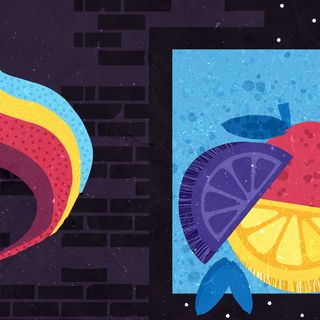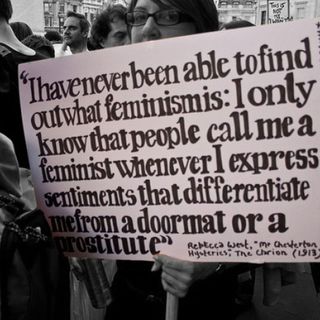Amid the poisonous trash-comet that is the current news cycle comes a study that might just restore your faith in humanity: An experiment that spanned 40 countries found people almost everywhere returned lost wallets that contained money more frequently than they returned wallets without cash.
In other words, the more incentive people had to be dishonest, the more likely they were, to be honest. Are humans … essentially good?
This finding, published in the journal Science, held true for 38 of the 40 countries in which the experiment was conducted. But lest you feel too warm and fuzzy, follow-up surveys to the experiment revealed that a concern for self-image played a role in the return of larger amounts, as well as concern for the wallet’s owner. The researchers also conducted a follow-up experiment in which a key was added to the wallet alongside the varying amounts of cash; the presence of a key increased the rate of return, which researchers say is evidence of both concern for the unknown owner, as well as concern for self.
“The psychological forces — an aversion to not viewing oneself as a thief — can be stronger than the financial ones,” the study’s co-author Michel André Maréchal, Ph.D., of the department of economics at the University of Zurich, said in a statement.
Related on The Swaddle:
Aren’t Good People The Worst?
Maréchal, along with study author Alain Cohn, Ph.D., of the School of Information at the University of Michigan, Ann Arbor, and an international team of researchers, conducted the experiment by turning in more than 17,000 ‘lost’ wallets to public and private institutions — typically banks, (theaters, museums, post offices, hotels, and police stations — in 355 cities across 40 countries. Overall, these ‘finders’ returned wallets containing cash (US$ 13.45) roughly half of the time, whereas empty wallets made it home in 40% of the instances. In three countries, the researchers upped the wallet amount to US$ 94.15 — and the rate of return increased to 72%.
The experiment speaks to the fact that what is good is often not logical, if logic means acting in self-interest. And that humanity is often at odds with logic.
Which ultimately means that, if you assume actions and outcomes matter more than intentions, humans are essentially good. Now, if only we could show some of that goodness to the environment, we might survive to return lost wallets beyond 2050.




